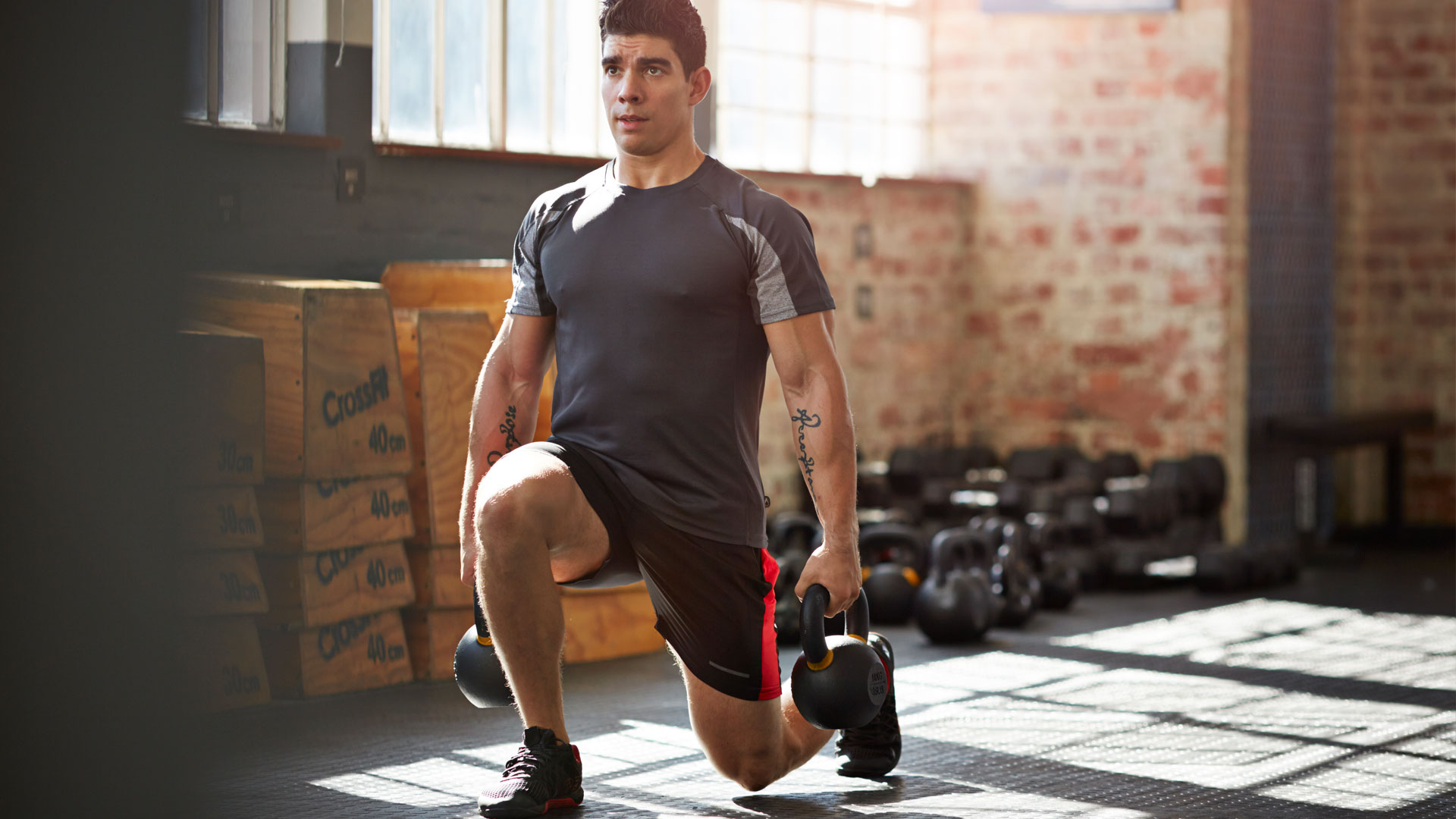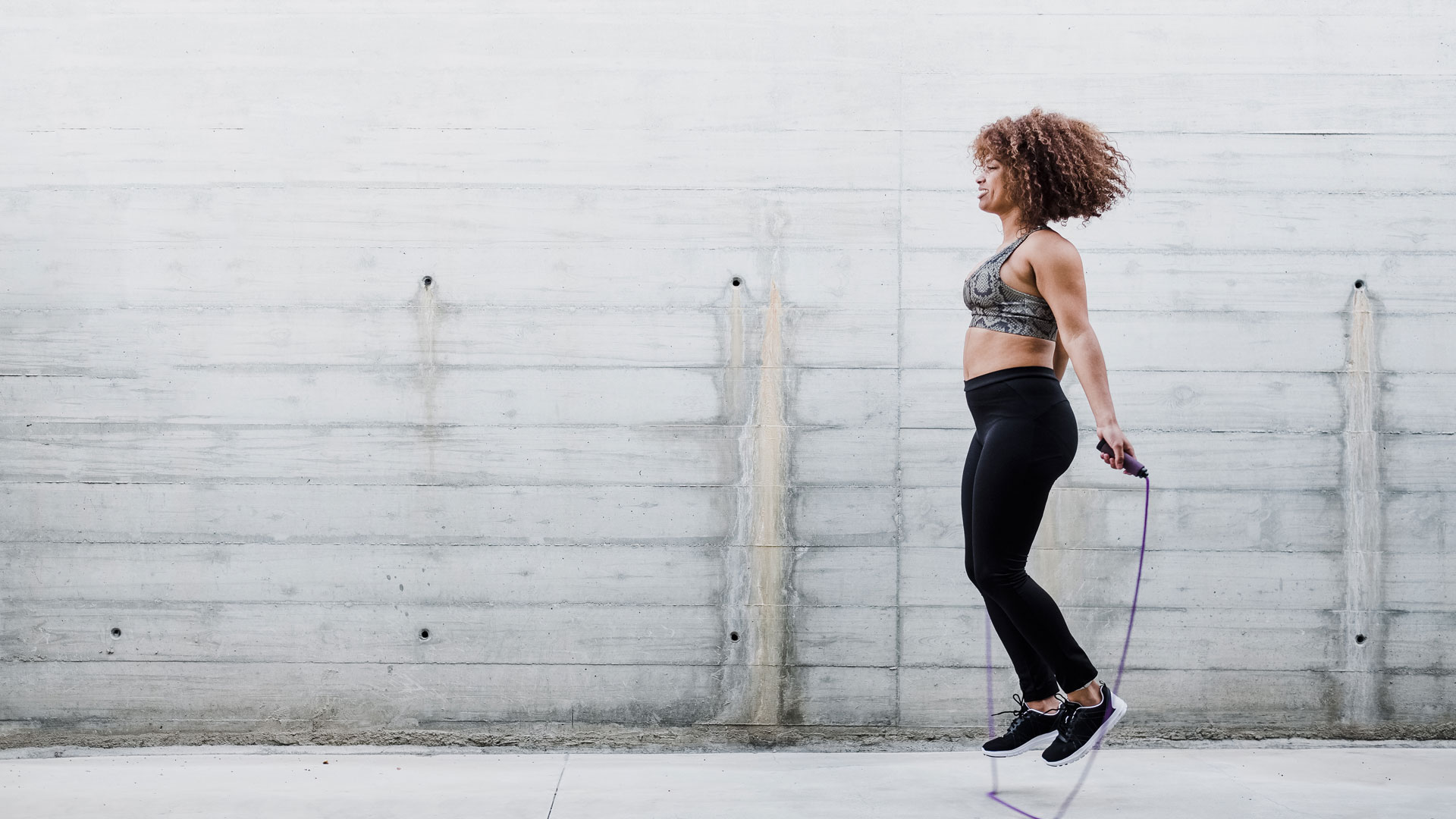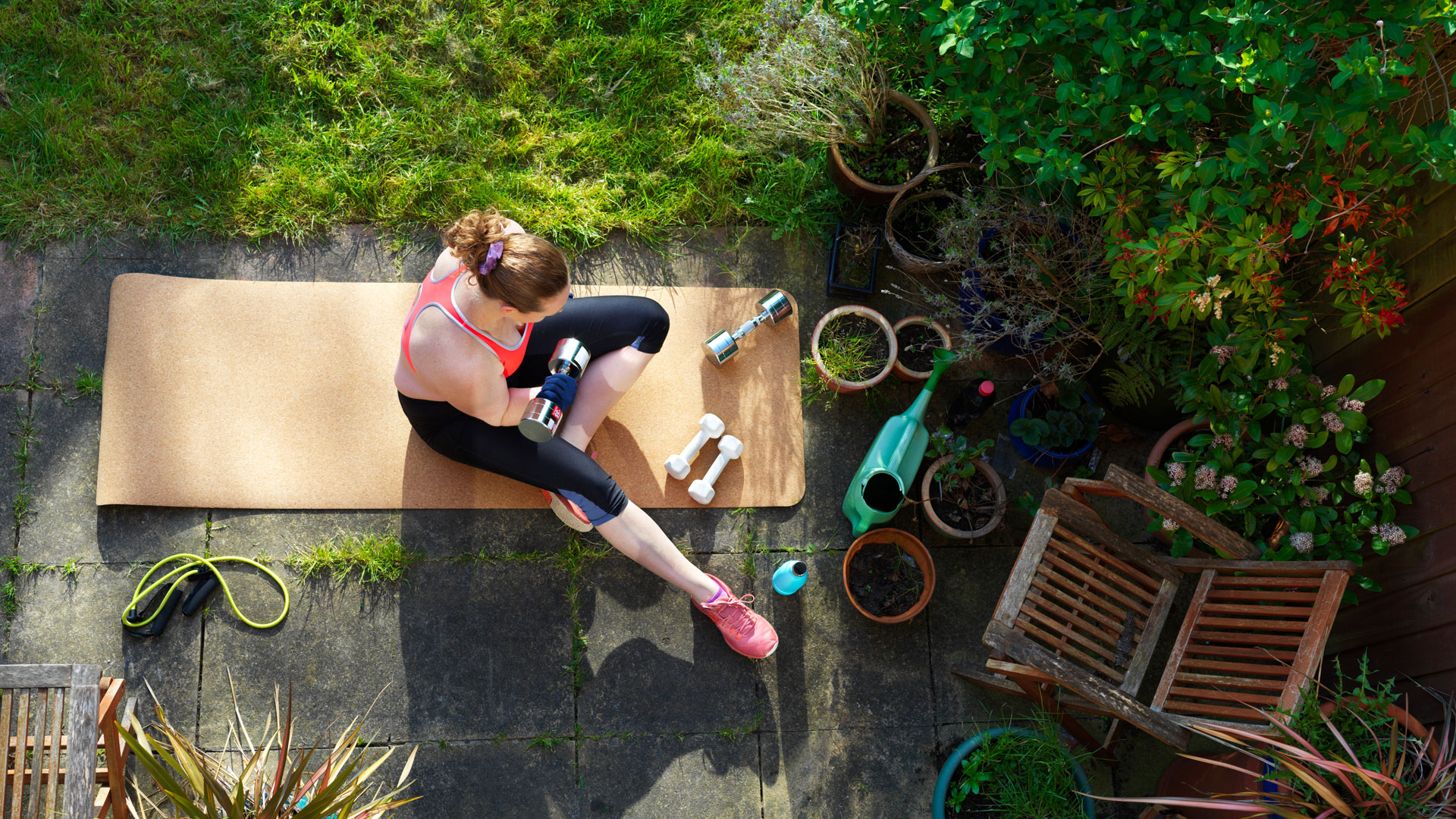Should you do cardio before or after weights?
Should you do cardio before or after weights? An expert weighs in


Ever wondered; should you do cardio before or after weights? Whether it’s weight loss, endurance, strength, or you want to focus on the upper or lower body specifically; there’s a workout formula that will work for you.
You may have stocked up on fitness equipment like the best adjustable dumbbells and wondered whether it’s best to use them before or after a cardio fix. We spoke to a fitness expert to get the lowdown on the benefits of cardio, the benefits of lifting weights, and whether you should do cardio before or after weights.
The U.S. Department of Health and Human Services recommends adults have at least 150 minutes of moderate-intensity cardio or 75 minutes of vigorous-intensity cardio a week and strength training at least twice a week. But how you break that down depends on your goals and schedule. Your priorities will determine your workout sequence and how often you should be doing cardio or lifting weights.
What are the benefits of doing cardio?
James Davis, a psychologist, personal trainer, sports nutritionist, and one-half of the Midlife Mentors, explains, “Cardio has a wealth of benefits and is an excellent way to protect our overall health. Most of us are probably aware that cardio is great for our heart and lungs, with the benefits including a stronger heart, increased lung capacity, lower resting heart rate, and lower blood pressure.”
“But did you know that cardio is a mood booster? When we exercise, we release feel-good neurotransmitter endorphins. Amazingly, if we’re training consistently, we'll still get an endorphin lift even on the days we don’t train.”
“Cardio can also be beneficial to the muscles, bones, and joints. It increases blood flow around the body, helps fight osteoporosis, and ensures you maintain a good range of movement as you age. Studies have shown that regular exercise also positively impacts cognition, and memory and can even protect against declining age-related brain function and Alzheimer’s. Finally, it’s also good for your libido with one study showing that middle-aged men who enjoyed regular cardio sessions had a lower incidence of erectile dysfunction and another study showing that women who exercised regularly had increased sexual wellbeing.”

What are the benefits of lifting weights?
Davis continues, “Lifting weights makes you stronger and helps to increase your overall muscle mass. Because muscle is metabolically active (meaning it burns calories at rest), adding more muscle can lead to a greater calorie burn and fat loss. That’s all good news on its own, but consider that a toned body can look leaner, and you’ll burn abdominal fat, boost your body image and self-esteem.”
Start your week with achievable workout ideas, health tips and wellbeing advice in your inbox.
“As we age, we naturally lose muscle mass, so weight training is a great way to preserve it and keep our joints mobile, lower our risk of injury, protect ourselves from the risk of falls, and strengthen our bones.
Like cardio, weight training is also great for heart health and has a number of hormonal effects, such as boosting levels of testosterone and human growth hormone (also declining as we age) and improving our insulin sensitivity.”
“Regular weight training also acts as a mood booster via endorphins and studies have shown that it improves brain health, in effect giving protection against brain aging, improving cognition, and lowering the risk of Alzheimer’s and dementia. Plus it’s fun and is a great way to challenge yourself and keep yourself psychologically motivated.”
Should you do cardio before or after weights?

The answer is it depends on your goals. The American Council on Exercise created a cheat sheet for which order to do cardio or weights, depending on the outcome you are looking for:
James Davis says, “Cardio and resistance training utilize different energy systems: cardio primarily uses carbohydrates and body fat for energy, whereas weights rely more on our glycogen reserves, so depending on your goal, this will influence how and what you do.
If you’re looking to manage your weight and keep fit, doing cardio before your weights
works for most people and benefits from the fact your cardio has warmed you up for your
weights. This works if your cardio sessions are relatively short (sub 30 minutes).”
“If you want to add as much muscle as possible, you’d ideally like to split your cardio
and weight training on different days. This split also works better if your cardio is longer duration. If you were looking to burn body fat as a primary goal, doing short cardio first and then weights would work, as long as you’re adequately fuelled for the weights session. Alternatively, you could do your weights first and then finish with a long (45 minutes plus) low steady-state cardio, which puts you into the fat burn zone, but this takes more time. Find which approach works best for your goals and your schedule.”
Enjoyed this? We answer; should you lift heavy or light weights to build muscle better?
Catherine is a freelance journalist writing across titles such as Verywell Health, Healthline, The Daily Telegraph, Refinery29, Elle, and Vogue. She specializes in content covering health, fitness, wellness, and culture.
A once reluctant runner, Catherine has competed in 30 running events in the past five years and looks forward to one day running the London Marathon.
